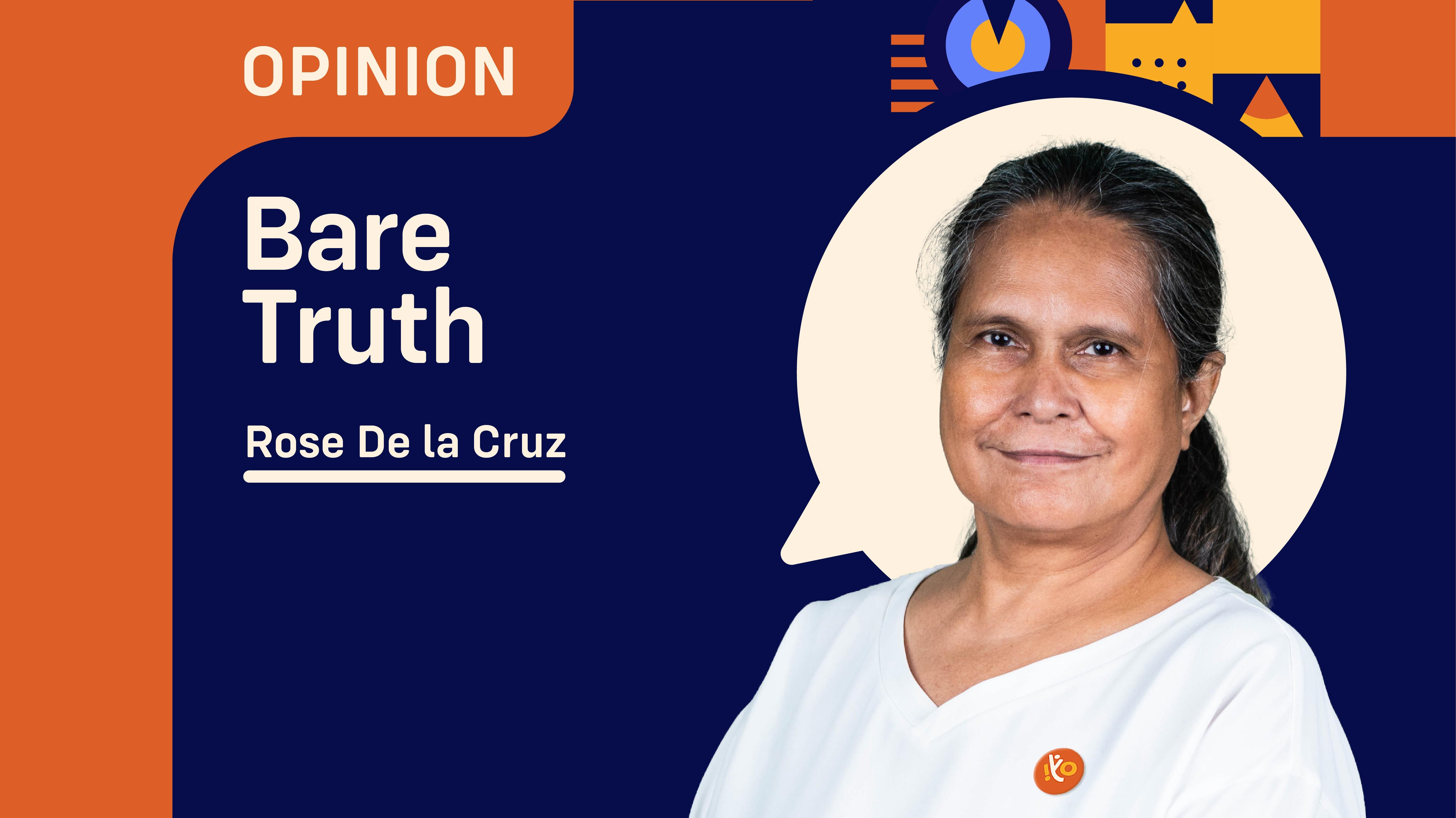Reading newspaper reports of President Marcos bragging that he is now nearing his goal of having rice sold at P20 a kilo, his campaign promise, since rice is now at P25 a kilo I could not help but chuckle. Really, where can we find such low-priced rice in Metro Manila?
Perhaps, only in Camarine Sur where he spoke because there are vast tracts of land devoted to rice and which the National Food Authority can buy from farmers directly and sell in Kadiwa stores, which the President launched last Thursday in the province under the “Kadiwa ng Pangulo” project.
Once I see good quality rice selling for as low as P25 a kilo in Metro Manila wet markets that is when I will start believing in this dream.
As it is now, Metro Manila just has a few operating Kadiwa stores—besides the one at the Department of Agriculture compound in the Elliptical Circle.
Under the Marcos Sr. administration, Kadiwa was conceived under the Food Terminal Inc. which operated several units of rolling fleet that had a wide assortment of food products bought by FTI directly from farmers, thus were selling below the prevailing wet market rates.
In September 2019, before Marcos Jr. came into office, Kadiwa-style stores were being revived by the Department of Agriculture under William Dar dubbed as Kadiwa ni Ani at Kita at the Food and Development Center in Taguig City where major agricultural goods were sold at reasonably low prices to aid poor Filipino households.
Of late, Marcos Jr. inaugurated the Kadiwa ng Pangulo in Camarines Sur—hometown of his political archrival—VP Leni Robredo in last May’s election-- on Friday where he vowed to make good on his campaign promise of P20 a kilo rice—very soon.
“We have not yet accomplished the mission to bring the price of rice to P20 per kilo, but we’re getting there, little by little. We’re already at P25 per kilo, just a little more, we can bring that down soon. He said the government is also working to lower the price of onion, which spiked to beyond P400 a kilo in recent months.
At least 20 sellers/ partners joined the Kadiwa outlet in Camarines Sur. There are also three farmers’ cooperatives, four micro, small medium enterprises and three individual young farmers also selling their products, Malacañang said.
The Kadiwa program allows the public to buy goods at cheaper rates by creating a direct and efficient farm-to-consumer food supply chain, eliminating intermediaries. The palace claimed there are now over 500 stores across the country and will put up more. But where are these located so people can go there.
Last March 9, Marcos said he eyed permanent Kadiwa stores nationwide. That should be the case, so people won’t become dizzy looking for where to go to buy cheap food products.
“We are thinking of evolving it to permanent Kadiwa centers in different LGUs. We are thinking about where to put it,” Marcos told journalists in Quezon City.
The latest Kadiwa outlet at the Trade Union Congress of the Philippines office in Quezon City is part of the continuing expansion of Kadiwa centers nationwide to give Filipino farmers, fisherfolk and micro, small and medium enterprises (MSMEs) an opportunity to generate more income through direct farm-to-consumer trade, Marcos said.
He said the initiative was also part of his administration’s program to cushion and counter the effects of rising inflation.
The Kadiwa program is a farm-to-consumer market chain. It allows local producers to generate higher income by selling their produce directly to consumers.
The initiative was first introduced during the term of Marcos’ late father, former president Ferdinand Marcos Sr., to provide a market for local farmers and fishermen for their produce and small business enterprises selling basic necessities.
The President also said he wants the Kadiwa project to become a national program through tie-ups with local government units (LGUs).
My take
The government must institutionalize the Kadiwa project—inflation or not—because it has a niche market—the poorest of the poor, which needs facilities that would enable them to stretch their peso on food items (their number one item in the food basket).
Preferably, such stores should not be ambulant so that people would be able to have a permanent site to go to for their daily needs. You see the poor have the shortest time devoted to looking for cheaper food items, much of their waking time is devoted to looking for means to earn. This must be at the heart of any government, without hyping on such programs. This is genuine public service.
